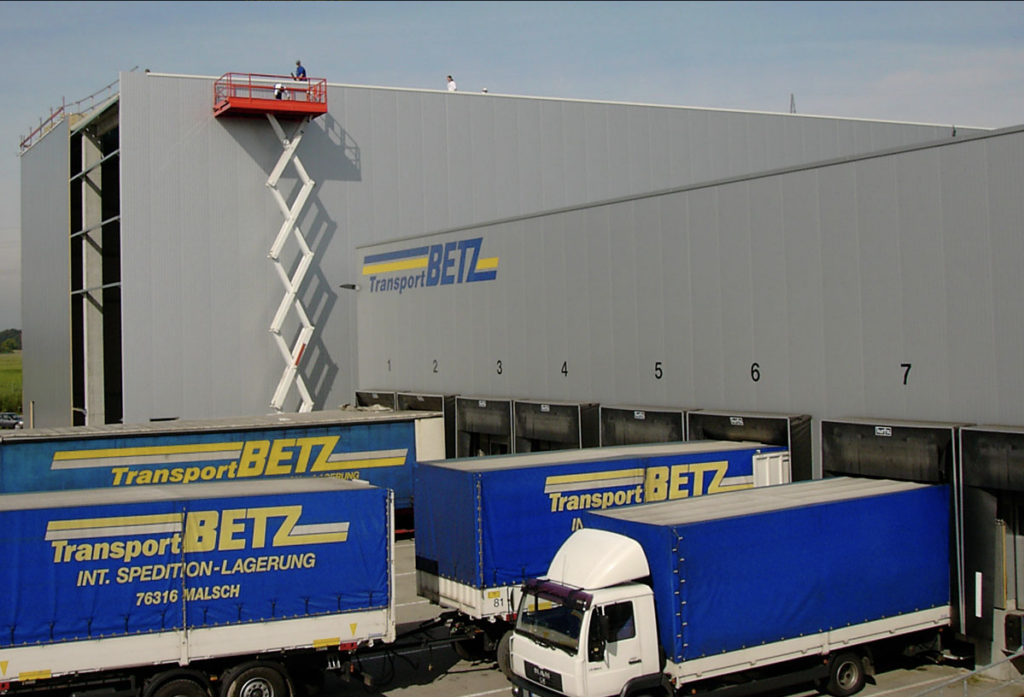Interview with Dirk Bingler - Spokesman of the Management Board of GUS ERP GmbH.
How important are agile software architectures for enterprise software?
Software architectures are the result of agile development processes in which the structure of a solution adapts to new requirements over time and grows accordingly. These development processes, such as Scrum, are now widespread. This also applies to agile ERP implementation methods. Nevertheless, the (further) development of business software rarely starts from scratch. Due to the technical circumstances and the size and complexity of the ERP solution, it is often not possible to exert any significant influence on the architecture of the business software.
Dirk Bingler
To what extent will support for digital ecosystems become standard in business software?
With increasing digitalization and the global networking of systems and processes, the complexity of business relationships is growing. Companies are looking for partners to collaborate with for certain tasks and projects. Sometimes on a permanent basis, but sometimes only temporarily. To enable this collaboration, ERP systems must, on the one hand, offer the possibility of exchanging data securely and flexibly. On the other hand, standard business software must be designed in such a way that it can be expanded with additional services from the cloud if required. In the digital world of tomorrow, rigid monolithic ERP systems therefore have little chance on the market.
Dirk Bingler
How will data processing change in the future towards smart data processing so that it can cope with the new flood of data?
ERP systems are already capable of storing and processing large amounts of structured information and integrating it into existing processes. However, with increasing digitalization, more and more unstructured data is being added - whether customer feedback via a social media channel or machine and sensor data from production. These data volumes can only be processed effectively by flexibly integrating additional computing and storage power from the cloud. For example, computing power can be switched on and off again for a short time to train AI models.
Dirk Bingler
How long will it be before solutions for artificial intelligence in business software are offered across the board?
AI is not a program that can be implemented at the push of a button. Basically, the more complex the tasks that an AI is supposed to accomplish, the higher the requirements in terms of data quantity, quality and learning process. Today's standard AI systems can therefore only perform very generic tasks, such as the automatic booking of incoming invoices or the classification of images. Today, more complex AI applications help to increase the accuracy of sales forecasts, among other things. However, "real" AI systems that understand business contexts, for example, and therefore handle more complex business processes independently, are still in their infancy. Not to mention self-controlling ERP systems. From today's perspective, we are still years away from such solutions.
Dirk Bingler
Will Robotic Process Automation be a standard function in business software in the future?
Today, software robots are already able to imitate human interactions with the user interfaces of software systems. In practice, this means that data input into an ERP system or even the execution of an entire business process can be mapped by a software robot. Middleware for linking different systems is therefore no longer necessary. And since the connection takes place via the user interface, the effort required to develop the corresponding interfaces is significantly lower. However, the software robots used must have an extremely high level of "intelligence". While bots can already be mapped as standard for simple tasks such as answering customer inquiries, complex robotic process automation systems (RPA) that can handle processes entirely on their own according to their instructions are likely to remain a discipline in their own right.
Dirk Bingler


